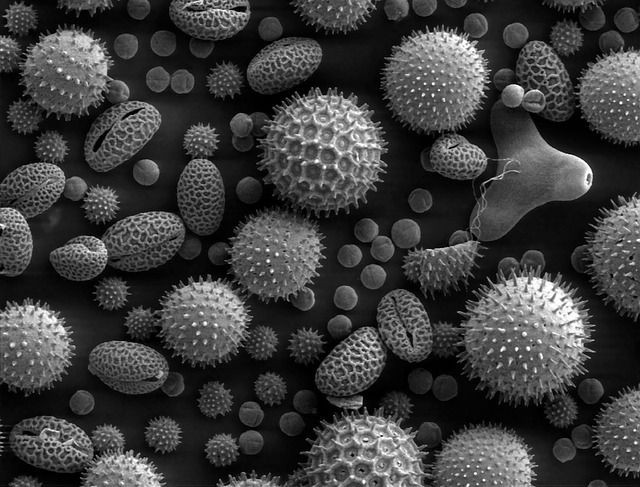Early Antibiotic Use May Increase Risk Of Future Allergies

Antibiotics are wondrous, life-saving medicines, but using them in our earliest years may actually increase our risk of later developing allergies, suggests new research presented this week at the annual European Respiratory Society (ERS) International Congress in London, England.
Dutch researchers reviewed more than twenty earlier studies of over 300,000 people looking at the connection between antibiotic use in the first two years of life and the future risk of developing hay fever or eczema. They found that early antibiotic use was associated with a heightened risk of hay fever ranging from 15 to 46 percent compared to no antibiotic use, and a heightened risk of eczema ranging from 15 to 41 percent. Additionally, children who were prescribed 2 or more courses of antibiotics were more likely to come down with allergies than those who were only given one course, adding more support for a direct cause-and-effect relationship.
"Early life exposure to antibiotics is related to an increased risk of both eczema and hay fever later in life," said lead author Dr. Fariba Ahmadizar of the Netherlands’ Utrecht University in a statement.
Many studies have found that early antibiotic use increases allergy risk, but these findings have been contradicted by others. By gathering together the best available research on the subject, Ahmadizar and his colleagues hoped to provide a clearer picture. Though their review is yet to be published, there are independent scientists who cautiously agree with their overall conclusion.
“Assuming that scrutiny of the full report of this systematic review confirms these findings are robust, then the review adds to the growing body of evidence that antibiotics, although life-saving and incredibly beneficial in the right circumstances, carry important potential ‘down sides’ for the individuals who take them,” Dr. Adam Finn, a professor of pediatrics at the University of Bristol in England, told Foreign Affairs.
Elsewhere, other research has found that people who grow up in environments that appear less hygienic, such as farms, are less likely to develop allergies. Scientists have speculated the more we interact with microbes in our earliest years, the better calibrated our immune systems become as we age. Without these early interactions, however, the immune system is more likely to become hypersensitive to normally harmless environmental triggers, causing allergies. Similarly, antibiotics can kill off the so-called good bacteria in our gut, inadvertently disrupting our immune system’s ability to differentiate friend from foe, the authors theorized.
Far from demonizing antibiotics as a whole, though, this latest study is another reminder of the importance in using them wisely and sparingly, if possible, said Finn.
“Unnecessary antibiotics put individuals at risk for a wide range of poorer outcomes, not only eczema and hay fever as found in this review, but also subsequent infections that are more likely to be antibiotic resistant, which means that those individuals will be sicker for longer and consume more health care resources,” he said. “So these findings will be of interest to both clinicians and patients, when together they weigh up the potential benefits and harms of antibiotics, especially for probable self-limiting illnesses.”
Source: Ahmadizar F, Vijverberg S, Arets H, et al Early life antibiotic exposure is associated with an increased risk of allergy. European Respiratory Society International Congress 2016. 2016.



























